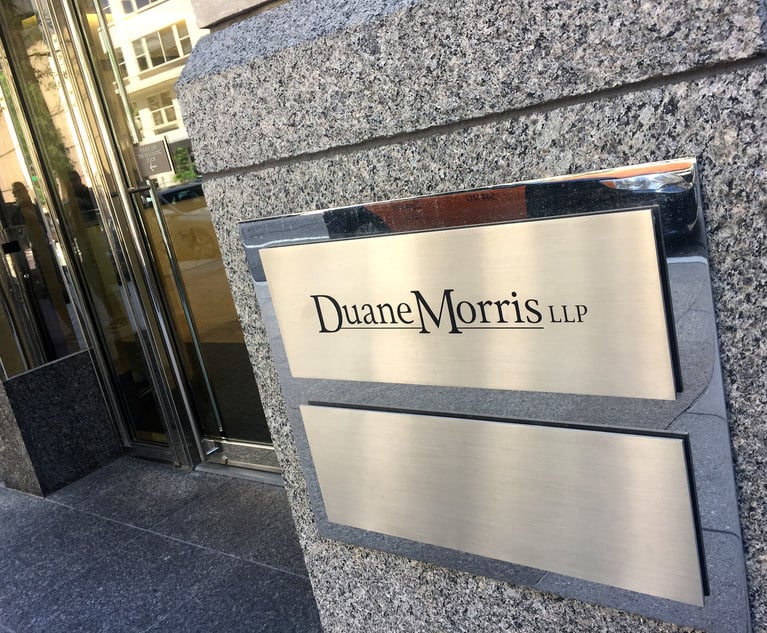Seventeen of U.S. News & World Report’s top 25 universities in the nation recently lost their bid to dismiss allegations of an antitrust conspiracy to suppress student financial aid awards. The ruling by the U.S. District Court for the Northern District of Illinois is notable because it held that the “568 Exemption,” on which many universities’ financial aid systems are based, does not provide antitrust immunity unless all participating universities admit their students on a need-blind basis. More broadly, it is a reminder that the antitrust laws apply to higher education, even public universities, and highlights the risk in relying on narrow exemptions to the antitrust laws in reaching agreements with competitors.
The 568 Exemption to Antitrust Laws
The 586 Exemption dates back to 1989, when the Department of Justice filed a civil antitrust case against the “Ivy Overlap Group,” a group of universities alleged to have “collectively determined the amount of financial assistance to award to commonly admitted students” by “employing the same analysis to compute family contributions.” After a trip to the U.S. Court of Appeals for the Third Circuit, in 1991 the parties inked a 10-year consent decree in which the universities pledged, among other things, not to agree on “student financial aid,” including “how family or parental contribution will be calculated.”
This content has been archived. It is available through our partners, LexisNexis® and Bloomberg Law.
To view this content, please continue to their sites.
Not a Lexis Subscriber?
Subscribe Now
Not a Bloomberg Law Subscriber?
Subscribe Now
LexisNexis® and Bloomberg Law are third party online distributors of the broad collection of current and archived versions of ALM's legal news publications. LexisNexis® and Bloomberg Law customers are able to access and use ALM's content, including content from the National Law Journal, The American Lawyer, Legaltech News, The New York Law Journal, and Corporate Counsel, as well as other sources of legal information.
For questions call 1-877-256-2472 or contact us at [email protected]


 Carl W. Hittinger (left) and Tyson Herrold (right) of Baker & Hostetler. Courtesy photos
Carl W. Hittinger (left) and Tyson Herrold (right) of Baker & Hostetler. Courtesy photos




